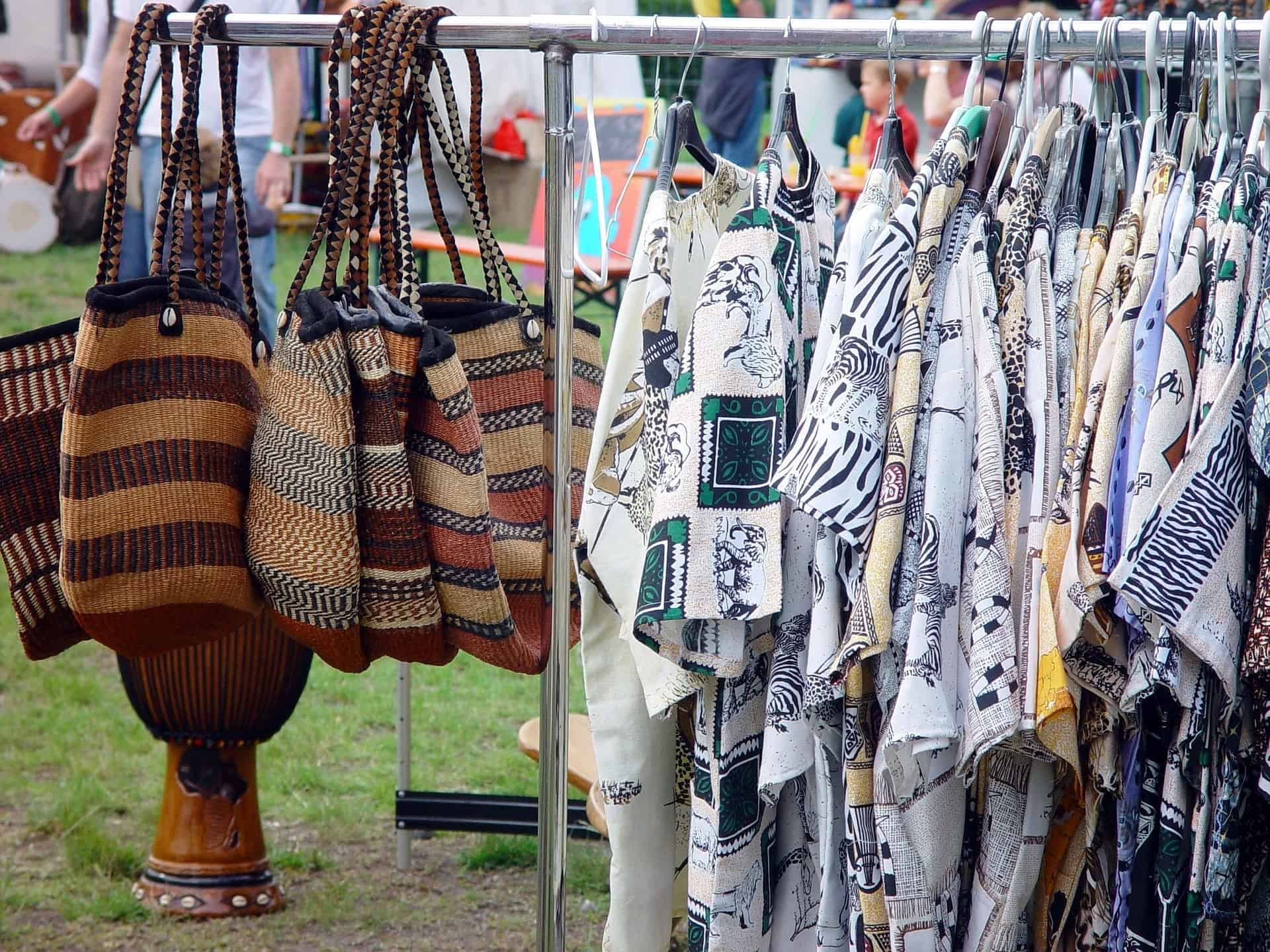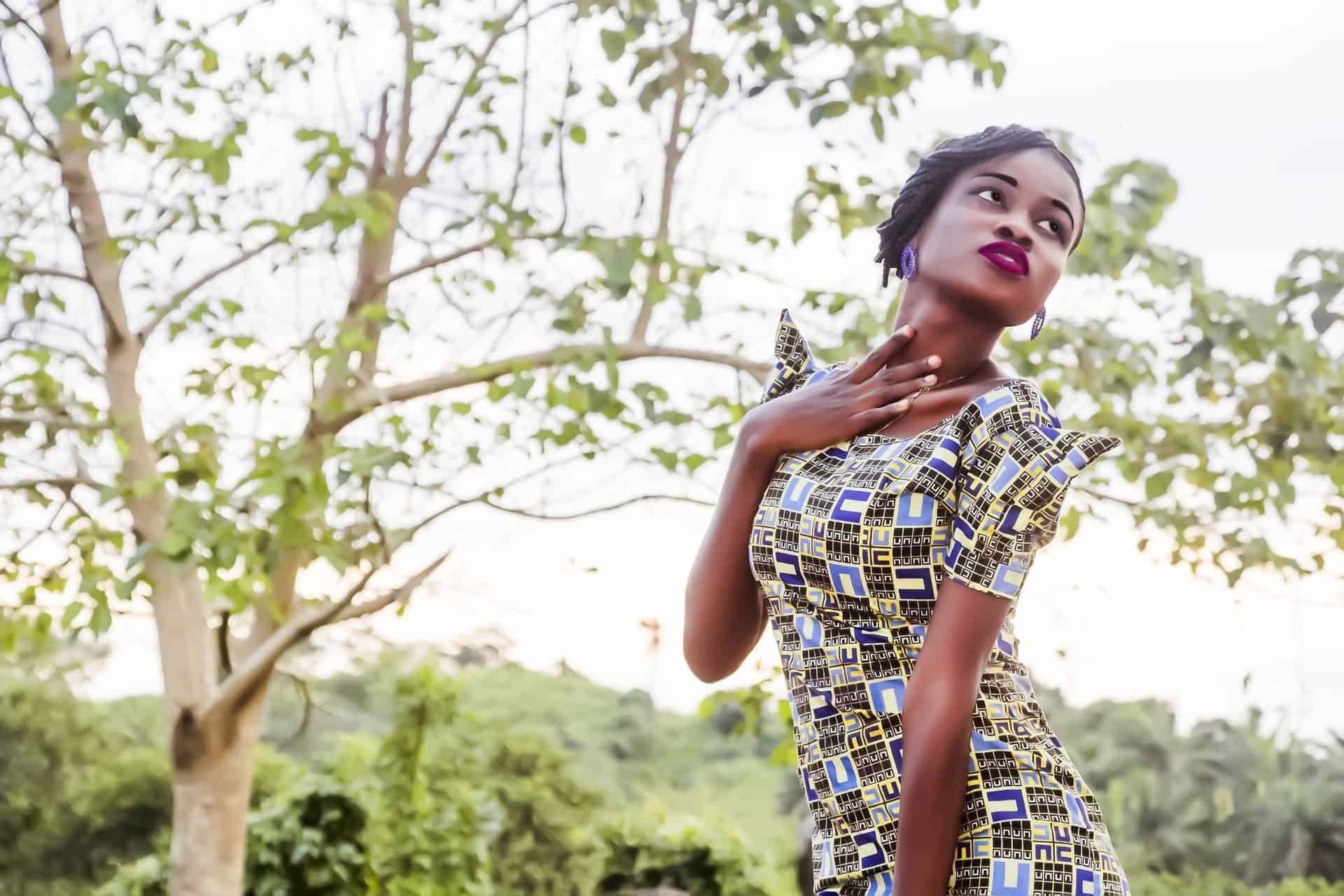Kenya is a welcoming, inclusive, and multi-cultural place to live. It's easy to see why. Many expats in Kenya have varying origins, including Europeans, Arabs, Africans, and Asians, who speak 68 languages and dialects.
In such a diverse community, how could anyone feel out-of-place?

For English-speaking expats, relocating there might be easier than expected because English is one of the official working languages, Bantu Swahili being the other.
That said, learning Swahili could certainly help expats integrate and settle more quickly.
But while learning the local language is essential for an expat, there are other less obvious things to consider that might help them adjust more comfortably.
For example, knowing how to dress for a country's culture.
Indeed, understanding what to wear – and what not to – could be extremely important for expats in Kenya to consider.
>>> Traveling to Kenya? Check out Kenya – Culture Smart!: The Essential Guide to Customs & Culture
Table of Contents
Advice for Expats
Be aware of what you wear
When planning their move abroad, expats may not even think about what clothes to wear or not wear.
This may be especially true if their new country is similar in culture to their home country.
Moving from the US to the UK, for instance, isn't likely to cause anyone to reconsider or restock their wardrobe.
But moving from the US or Germany, for example, to Africa may be a different matter entirely.
It may not even be a case of “choosing” what to wear.
Some Muslim countries, for instance, forbid certain types of revealing clothing, either at certain times, places, or altogether.
The majority of people living in Southern Africa are Christian.
In contrast, Northern Africa is heavily Muslim, which means rethinking your wardrobe could be critical to how well you integrate with the local culture.
Expat dress in Kenya
Even though there are no laws banning shorts, miniskirts, or other revealing clothing in Kenya, it is advisable to respect the culture and traditions to avoid offending locals and other expats.
Take your cue from your colleagues, friends, and the public.
Casual/everyday clothing
The great diversity of people living in Kenya display a diverse cultural, religious, and customary dress style, which is why there's no strict or homogenous dress code.
Many Kenyans choose to dress conservatively, with men wearing shirts with long sleeves, while women wear trousers or skirts that cover the knee.
In more tourist areas, however, everyday wear can be kept more casual.
Due to the heat and humidity, it's best to wear light, cotton clothing.
The hottest months are usually December to March, where temperatures can soar to 38°C (February).
Because of Kenya's tropical climate, it is generally quite humid all year round, with an average of 76% (May).
It's also handy to have a light rain jacket or coat with you, especially in April and November where rainfall is at its highest.
Related: How to Be a Local in Kenya

Traditional Kenyan clothing
When relocating to a different country, it can be good for expats to learn about the different traditions and cultures, especially when moving from a Western country where the culture may be entirely different from the one they're' heading to.
Locals, tourists, and expats can all wear traditional Kenyan clothing if they wish.
This doesn't mean expats have to wear this clothing style to integrate, but it's good to know that they have the freedom to choose what they wear without fear of being frowned upon.
One traditional piece of clothing expats may like to know about is the “kitenge.”
The kitenge forms an integral part of the East African culture and is widely worn in other African countries, including Uganda, Tanzania, Sudan, and Kenya.
Women usually wear this garment as a sarong or baby sling and is made with a heavily embroidered cotton fabric.
Kitenges are often bursting with color and known as “the communicating textile” because of the vast array of symbols, patterns, and writings they display, representing the moods, feelings, cultures, and traditions of the native African people.
Kenyans often wear this style of clothing for everyday use and ceremonies.
Bold colors and patterns inspired by East African and Kenyan clothing have influenced Western fashion over the years, evident from the many Western celebrities who have worn these styles on the red carpet and in everyday life.
For instance, Beyoncé, Gwen Stefani, Kim Kardashian, and Solange have all been spotted wearing Kitenge designs.
Another traditional and favorite piece of clothing in Kenya is the “khanga,” made from cotton and locally produced in Kenya and Tanzania.
The word “kanga” in Swahili means guinea fowl, and it is believed that the original patterns used on these clothing items resembled the plumage of the guinea fowl.
Nowadays, the patterns have evolved, and the colors are usually vibrant and bold, much like the kitenge.
Khangas are wrapped around the torso or waist and worn by women but can also be worn by men.
They are often distinguished by a border along all four sides, a central design, and a written message.
Related: Things to Do in Kenya – Activities and Attractions
Dressing for work
Dress codes for work can alter from place to place.
For instance, in major cities like Nairobi (the capital), it can be ideal to wear more formal clothing to business meetings.
Men may want to wear a formal shirt with smart trousers or a suit, depending on the nature of the meeting.
Women can either opt for a formal dress or blouse with a pair of smart pants or a skirt.
Some offices in Kenya have a “casual Friday” rule.
Still, expats may want to stick to wearing smart-casual attire to avoid dressing too casually because depending on the place of work, you're still required to look professional in client meetings and the like.
Think “business casual” rather than “home casual.”
To respect Kenyans' traditional sense of dress, it's best to dress modestly for work and avoid clothing deemed too revealing.
For instance, blouses, tops and dresses with modest necklines that do not show cleavage are appropriate for women.
Both men and women may want to wear clothing that falls below or rests just on the knee.
Formal attire
Kenyans often dress up for special occasions, especially for dinner, religious gatherings at church, and cultural events.
Again, it's vital to respect Kenyan's conservative sense of clothing, which is why women may want to choose a dress that falls below or just on the knee, especially when attending religious ceremonies and weddings.
Because Kenya is a multi-cultural country, there are no laws or definite rules about what to wear and what not to wear.
To respect the country's culture and traditions, expats may want to abide by Kenyan's conservative sense of dress.
Bright colors and bold patterns are adored in Kenya, which is reflected by their traditional pieces of clothing, such as the khanga and the kitenge.
These can be worn for everyday use and casual events such as music festivals.
Khangas and kitenges are not usually worn to formal events but can be worn to ceremonies, especially if it's a national celebration where the national dress is worn.
When attending social occasions like going to church or out for dinner, expats may want to take their lead from locals who often dress up for social events.
Because of Kenya's welcoming and inclusive attitude, expats should face no problem choosing what to wear.
Last Updated on April 17, 2023 by Dave Lee
This post was written by a guest contributor. Please reference the author's byline in the post above for more information. If you would like to guest post on Go Backpacking, please read our submission guidelines. For information on advertising opportunities, go here.
